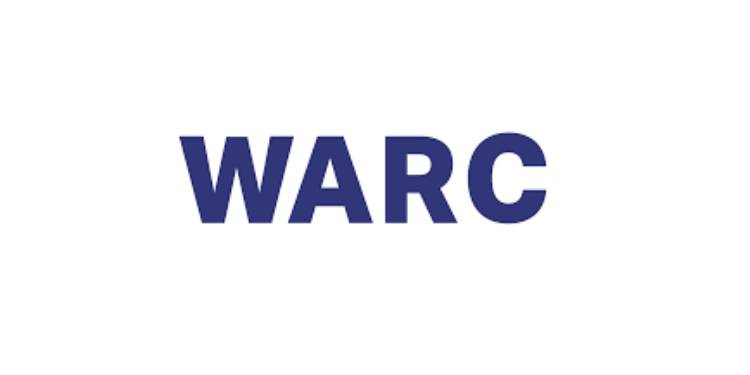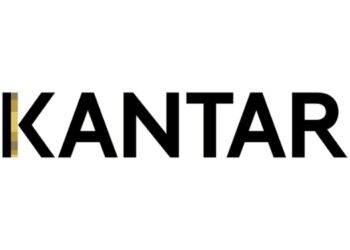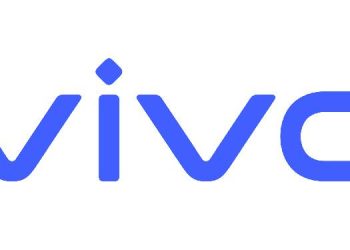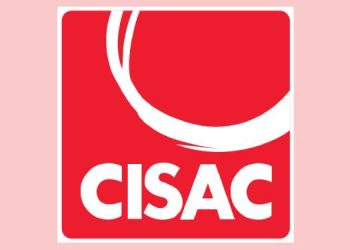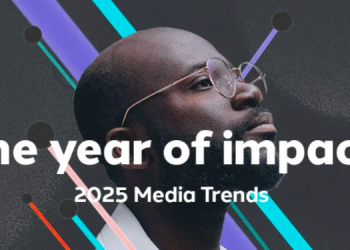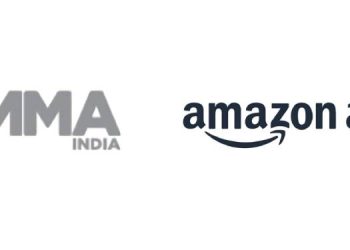MUMBAI: Optimism around business in 2025 appears to be higher, with two out of three (65%) of marketers expecting improved trading conditions, though marketing budget expectations aren’t quite as positive, according to The Voice of the Marketer 2025, a new report by WARC released today based on an in-depth survey of more than 1,000 marketers worldwide.
Global advertising investment is on track to surpass $1trillion for the first time this year, and is set to grow +7.6% in 2025 per the latest advertising spend forecasts by WARC Media. The research suggests that digital channels will continue to be prioritised over traditional media.
When exploring marketing measurement tools across the industry, the majority (93%) of marketers use at least one technique to measure their marketing investments, with the use of experiments doubling over the past year.
Isabel Cleaver, Senior Analyst, WARC, said, “The Voice of the Marketer report explores broader marketer thinking on budgets, media channels, measurement and investment plans. We hope readers find the insights outlined in this report useful as they begin to finalise their marketing plans for the year ahead.”
The key findings outlined in The Voice of the Marketer report based on survey analysis of 1,000+ marketers worldwide are:
Two out of three (65%) marketers expect business to improve next year while a third (34%) expect marketing budgets to increase
Marketers are largely optimistic about the business environment for 2025. Two out of three (65%) marketers expect business to improve next year, the highest in three years.
However, escalating geopolitical conflicts and the implementation of trade policies threaten progress. Nearly three-quarters (72%) of marketers think economic conditions will significantly impact their marketing strategy in 2025.
Consequently, marketers appear less optimistic about increasing marketing budgets for the year ahead: just a third (34%) expect marketing budgets to increase (compared to 41% last year). However, more marketers seem to expect budget increases from last year to be maintained (44% compared to 39% last year), with those expecting lower budgets largely steady at 22% (compared to 20% last year.)
Optimism on budgets is markedly lower among agencies: just over a quarter (28%) of agency survey respondents expect budgets to increase compared to nearly half (46%) of brands.
Some marketers will continue to prioritise long-term growth: one-third of marketers (35%) expect investment in brand marketing to increase in 2025, and one-third (38%) expect investments in performance to increase in 2025.
The impact of the environment and diversity, inclusion, and social justice on marketing strategies has decreased in recent years. Only 28% of survey respondents expect the environment and 20% expect DEI to significantly impact marketing strategies next year, versus 38% and 30% respectively last year.
Online video and social to drive future investments: 34% of marketers do not invest in TV and cinema, compared to only 5% for online video and social media
Almost half of marketers (44%) highlighted media and audience fragmentation as one of the biggest causes for concern in 2025, an increase of 9 pp from last year. Along with the challenges, there are more opportunities to experiment in reaching and engaging consumers.
For the second year in a row, most marketers expect investments in online video and social media to increase. According to WARC’s most recent Global Ad Spend Outlook, online advertising now accounts for over half (58.7%) of total advertising spend, while legacy media accounts for a quarter (25.3%).
On average, 34% of surveyed marketers do not currently invest in TV and cinema, compared to only 5% for online video and social media. However, recent research – from Ebiquity and Lumen, as well as Thinkbox – has shown that legacy media outperforms digital channels in attention and effectiveness.
David Sandstrom, CMO, Klarna, said, “I do think traditional media, versus the very hardcore performance media, still has an ability to create trust and tell a story. One thing that brands are lacking today is not their ability to optimize their Facebook ads, it is their ability to tell a story.”
The adoption of experiments has doubled in the past year: 18% in 2023 to 36% in 2024
Most marketers (93%) employ one or more measurement techniques, but the techniques vary. While more than two-thirds (67%) of marketers conduct brand health tracking, less than half (45%) use econometrics and marketing mixed modelling (MMM).
Significantly, the percentage of marketers using experiments has doubled in the past year (18% in 2023 to 36% in 2024).
Controlled experiments are often regarded as the gold standard of marketing measurement, as they give the most rigorous evaluation of the incremental value brought on by the marketing investment and calibrate marketing mixed models (MMM), helping marketers generate more accurate and reliable insights for decision making.
Almost two-thirds of marketers (57%) perceive brand metrics as the most impactful measure of marketing effectiveness, followed by ROI, with over half of marketers (54%) indicating it has the greatest impact on strategy. Metrics such as revenue and profit are seen as less.

